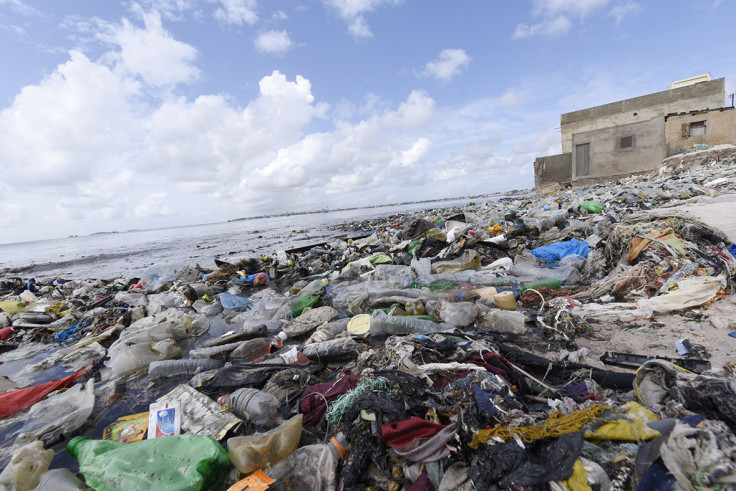Will this EU ruling mark the beginning of the end of single use plastics?
All packaging will have to be recyclable and reusable in the EU by 2030.

The European Union has formally started its war on plastic waste this week and has announced that all plastic packaging used in the member states will have to be reusable or recyclable, effective 2030.
Brussels also launched a plastic management strategy that includes an investment of £310m ($429m) in research to modernise plastic production and collection. The drive is also intended to change minds in the EU, reports The Guardian.
Priority will be placed on "single-use plastics that take five seconds to produce, you use it for five minutes and it takes 500 years to break down again", Frans Timmermans, vice-president of the commission, told the paper. Items that fall into this category are drinking straws, coloured bottles, coffee cups, stirrers, lids, takeaway packaging, and cutlery, among other things.
"If we don't do anything about this, 50 years down the road we will have more plastic than fish in the oceans ... If children knew what the effects are of using single-use plastic straws for drinking sodas, or whatever, they might reconsider and use paper straws or no straws at all," Timmermans said.
He added that it took only one explanation to convince his own children to start using paper straws in place of plastic ones. "It is an issue of mentality.
"We are going to choke on plastic if we don't do anything about this," he said, noting that he would want no one use plastic straws any more.
One of the strategies that will come out of this effort is an impact assessment that will look into the possibility of introducing taxes on single use plastic items. Details, however. were reported to be lacking on how exactly this will come about.
By 2030, the EU aims to make 55% of all plastics recyclable. Member states have also been urged to reduce the annual plastic bag consumption per person to 40 from 90 by 2026.
To reduce reliance on bottled water, the commission has said that they will work towards providing drinking water in taps on the streets of Europe to discourage the purchase of water bottles. Member states will also get guidance on how to more effectively sort and collect recyclable waste.





















